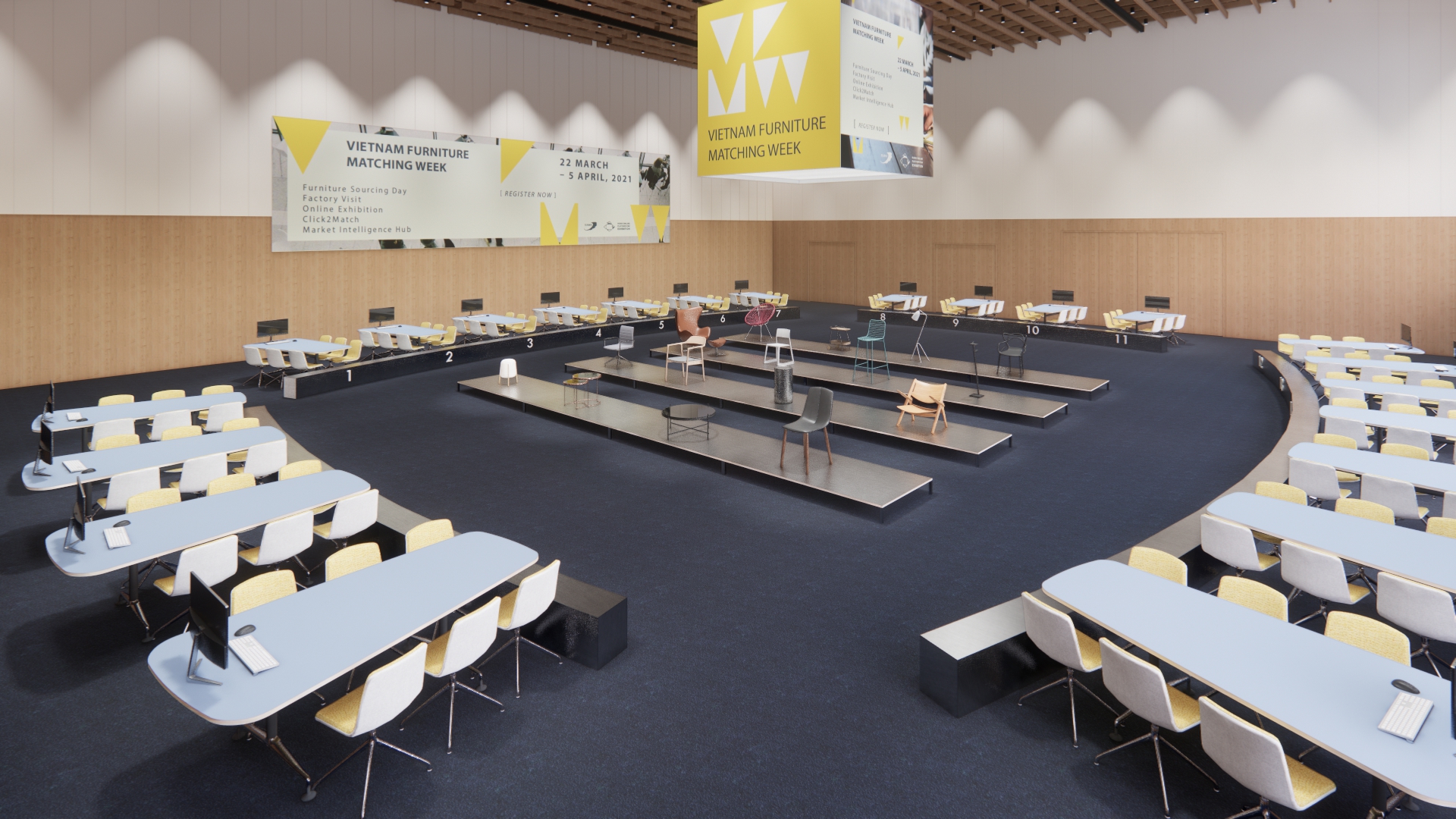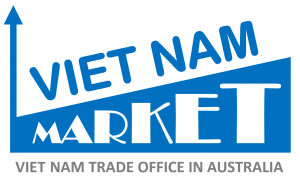The Vietnamese government has issued Decree 69/2018/ND-CP (“Decree 69”) to regulate the temporary import and re-export of goods in Vietnam. The two major stipulations focus on Vietnamese traders processing goods for foreign merchants and the time limit for temporary import and re-export of goods. Decree 69 is already in effect.
Processing goods
As per Decree 69, Vietnamese traders are allowed to process goods for foreign firms, except for goods that are banned or temporarily suspended. For goods that are on the list of conditional business lines, traders have to meet the production or trading conditions to be eligible for overseas exports.
In case of imported or exported goods, which need to have permits, Vietnamese traders can sign the processing contracts on behalf of the foreign traders only after they receive licenses from the Ministry of Industry and Trade.
Processing merchants are exempted from import and export tariffs according to the tax laws for temporarily imported goods. However, they have to pay the import and export tariffs for materials and supplies purchased in the country.
Time limit for re-export
According to Decree 69, goods imported for re-export cannot be kept in Vietnam for more than 60 days once the customs formalities are completed. Once the 60 days are complete, traders have to either re-export their goods or destroy them. All goods are subject to inspections by customs officials.
If an extension is required, firms have to send a written request to the customs department that handles import and re-export procedures. At most only two extensions can be granted with each extension of not more than 30 days.
In addition, the decree stipulates that temporary import and re-export of goods can only be conducted through two contracts, export and import contracts, which need to be signed by traders of the exporting and importing countries.
For re-exported frozen goods, Decree 69 has stipulated certain specific conditions. Firms need to have a warehouse and yard with a minimum capacity of 100 containers (40 feet each) on a minimum area of at least 1,500 m2. In addition, the warehouse and yard need to be surrounded by fences, with a minimum height of 2.5m. In terms of capital, they need to deposit VND 10 billion at credit institutions in cities/provinces where the firms have their warehouse and yards.
The new decree will lead to a reduction in violations related to temporary import and re-export of goods. Earlier, some of the goods to be re-exported were sold in the domestic market, including goods that are banned from import or domestic consumption. This issue not only leads to a violation of international trade norms but also disrupts the local market, as these goods are not subjected to taxes which make them cheaper.














